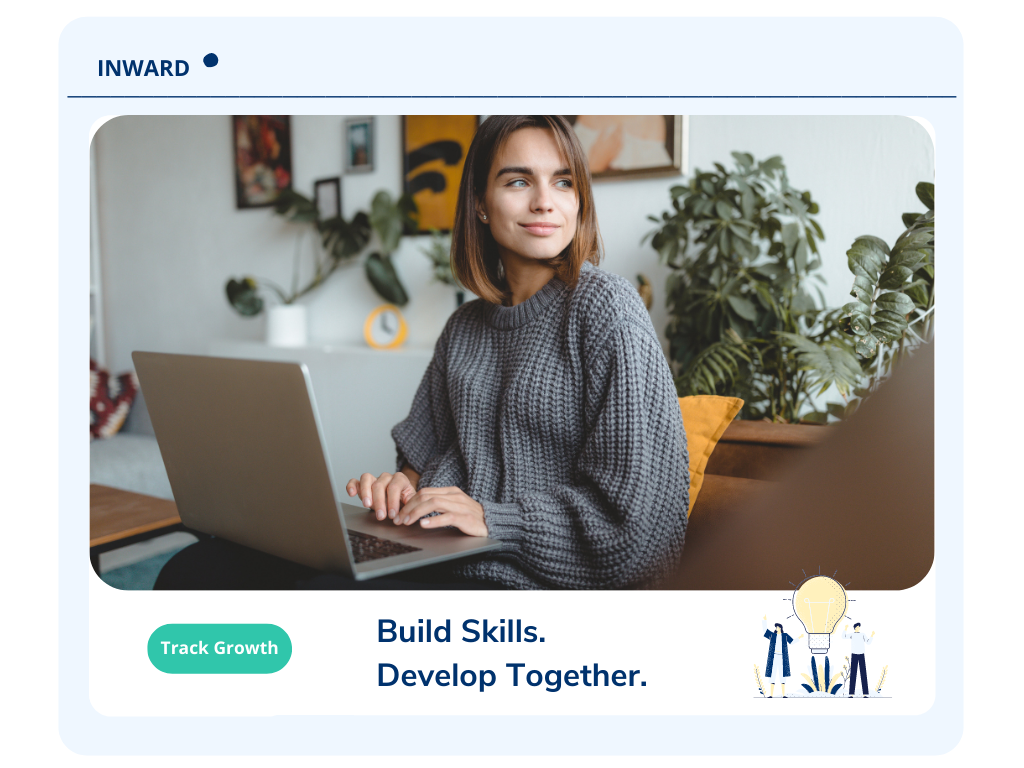How to learn and study effectively
Without the learning myths holding us back, here are five ways to study and learn more effectively, and efficiently.
1. Use retrieval practice
What is retrieval practice?
Retrieval practice involves the active recalling of facts, events, or concepts from memory. Retrieval practice is extremely laborious as it forces you to fetch material from your long-term memory. This act further establishes the connection and cements the information in your mind. Repeated retrieval not only makes memories more durable, but produces knowledge that can be retrieved more readily, in more varied settings, and applied to a wider variety of problems.
Test scenarios are excellent examples of retrieval practice. A study from 1939 mentioned in “Make it Stick” that tested over three thousand sixth-graders highlights the efficacy of retrieval practice (in this case testing) for material comprehension.
“The kids studied six-hundred-word articles and then took tests at various times before a final test two months later. The experiment showed a couple of interesting results: the longer the first test was delayed, the greater the forgetting, and second, once a student had taken a test, the forgetting nearly stopped, and the student’s score on subsequent tests dropped very little.” (pg. 31)
This study shows a few interesting conclusions, firstly the importance of active retrieval initially, as well as how retrieval dramatically increases long-term recollection.
How can you use it?
When you read, pause periodically to ask yourself questions like these: (without looking in the text) What were the key ideas? What terms or ideas were new to me? How would I define them?
Use quizzes, and other third-party tools to test your memory.
2. Interleave, space and vary your practice
Now that we have established the importance of active retrieval practice, there are still a few more variables to address when learning: the time between sessions, the time on each topic, and the type of retrievals.
What are they?
Spaced practise means spreading out your retrieval sessions.
Interleaved practise means alternating topics.
Variation means that rather than repeating the same retrieval practice every time, you vary the type and context of your retrievals.
Why do they work?
Intentionally spaced out, and Interleaved, study sessions will cause you to forget a little of your last practice, and you will have to work harder to reconstruct what you already studied. In effect, you’re “re-loading” from long-term memory. This effort to reconstruct the learning makes the important ideas more salient and memorable and connects them more securely to other knowledge and more recent learning.
“Anything you want to remember MUST be periodically recalled from memory.” (pg 219)
Variation of problem types improves your ability to discriminate, identify the unifying characteristics, and improves your success in a later test or in real-world settings where you must discern the kind of problem you are trying to solve to apply the correct solution.
How can you use them?
When using flashcards, do not stop quizzing yourself on the cards that you answer correctly, continue to shuffle them into the deck until they’re well mastered. Then, set them aside to be periodically revisited in perhaps a month.
Interleave the study of two or more topics. Alternating between them will continually refresh your mind on each topic as you return to it.
When you structure your study regimen, scatter problems of similar nature throughout your session so that you are alternately quizzing yourself on various problem types and retrieving the appropriate solutions for each.
If you find yourself falling into single-minded, repetitive practice, change it up: mix in the practice of other subjects and other skills, whilst constantly challenging your ability to recognize the problem type and select the right solution.
3. Use generation & elaboration while learning
What are they?
Generation is the attempt to answer a question or solve a problem before being shown the answer or the solution. Elaboration is the process of finding deeper meaning and understanding how your material relates to other areas.
How can you implement them?
At a small level, remove some words periodically from your assigned reading material and then fill in the words as you read. It requires you to conceptually understand the text.
In a classroom setting, attempt to solve problems before getting to class. Experiment with higher-level, more difficult questions.
Attempt to explain key ideas/concepts and how they relate to what you already know before learning them. Then read the material to see if you were correct.
4. Use Mnemonic devices
What are they?
Peter C. Brown provided an interesting definition of mnemonic.
“Mnemonics are not tools for learning per se but for creating mental structures that make it easier to retrieve what you have learned.”
Essentially, Mnemonics are a form of giving meaning to seemingly meaningless information.
How can you use it?
Use imagery to connect information visually, associate clear (sometimes absurd) images to the information you are trying to remember.
When learning another language, associate a word to a similar-sounding word in your language and create a mental model to connect the two.
Connect sequential information by associating each piece to a part of a familiar location (ex: your childhood home or street)
Attach a story to random bits of information (ex: memorizing guitar string EADGBE students are often taught Eddie Ate Dynamite Good Bye Eddie)
For more information on Mnemonics, check out this great article by The Harvard Brain.
5. Practice self-calibration:
What is calibration?
Calibration is simply the act of using an objective instrument to help clear away illusions, remove bias, and adjust your judgement to better reflect reality. It helps you to get a reading on your actual competency rather than your perceived competency.
How can you use it?
Utilize online quizzes and practice tests.
Get a peer to question you on the subject.
Attempt to explain the concept to someone else (if you are alone, you can imagine this conversation in your head).
*Note: You don’t truly understand something until you can explain it simply.
Takeaway Message
Key points:
Use varied, spaced, interleaved retrieval practice.
Use objective tests to measure your comprehension.
Be engaged when studying, use generation and elaboration when initially learning.
Use Mnemonic devices for memorization.
Remember how your brain processes information, abandon your old misconceptions about learning and utilize these five tools to propel your studying, test-taking, and comprehension exponentially.






